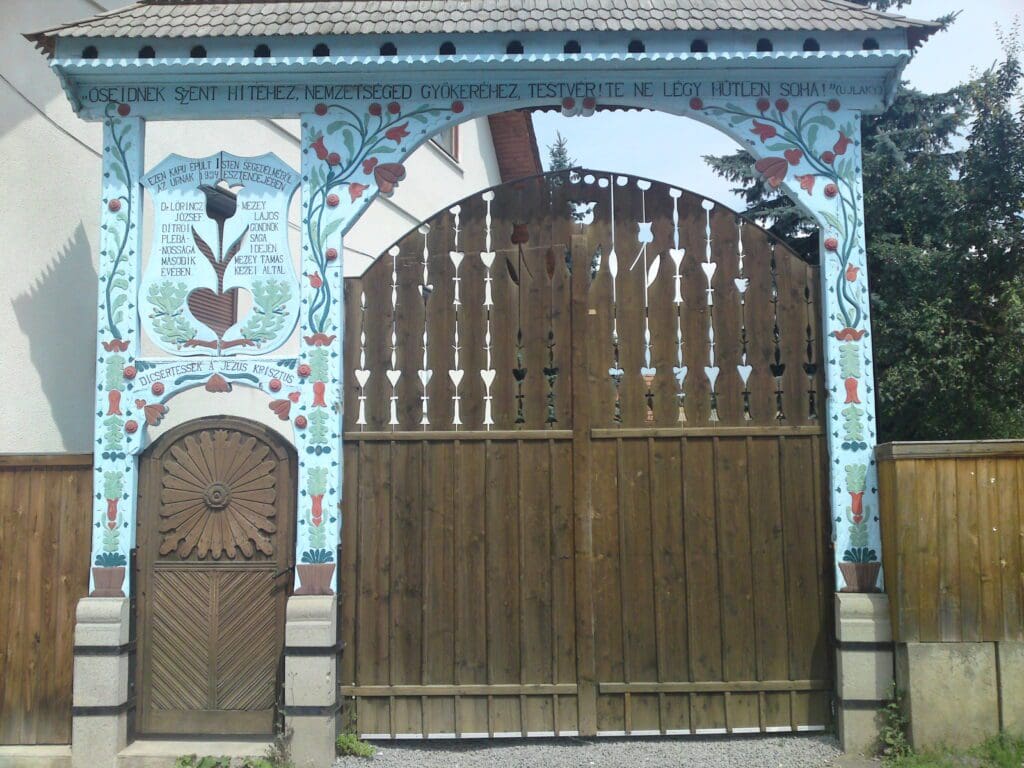




‘Through the gaps in the door, I saw Arrow Cross members leading people to the Danube bank to be shot to death. I also witnessed that those who could no longer walk were shot dead then and there, on the street.’

From the time of the regime change to the present day, the solid community of Hungarians living in Romania has regularly requested, and is requesting, unfortunately so far without success, the right to autonomy, which should normally be enjoyed by all communities that claim it within the European Union.